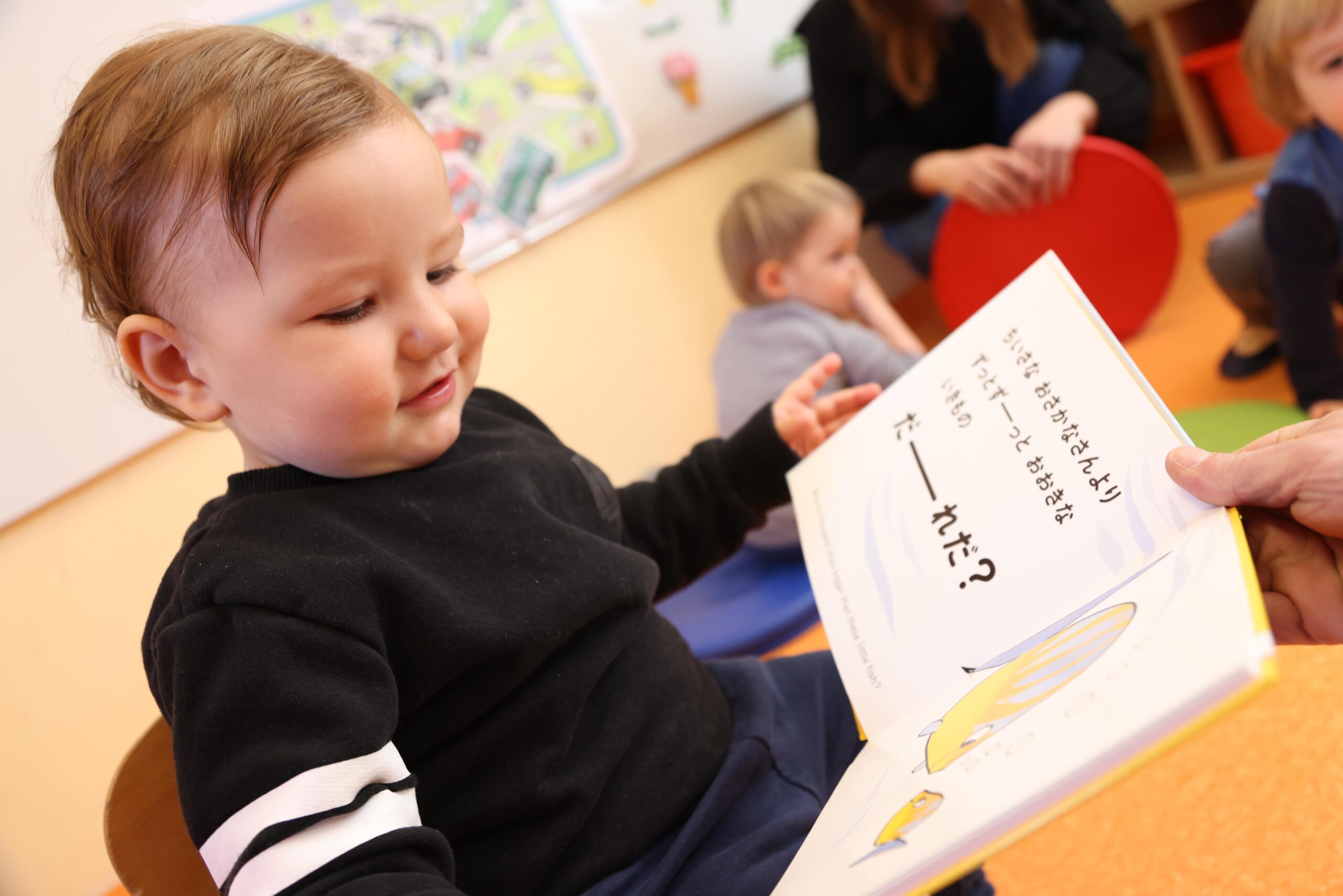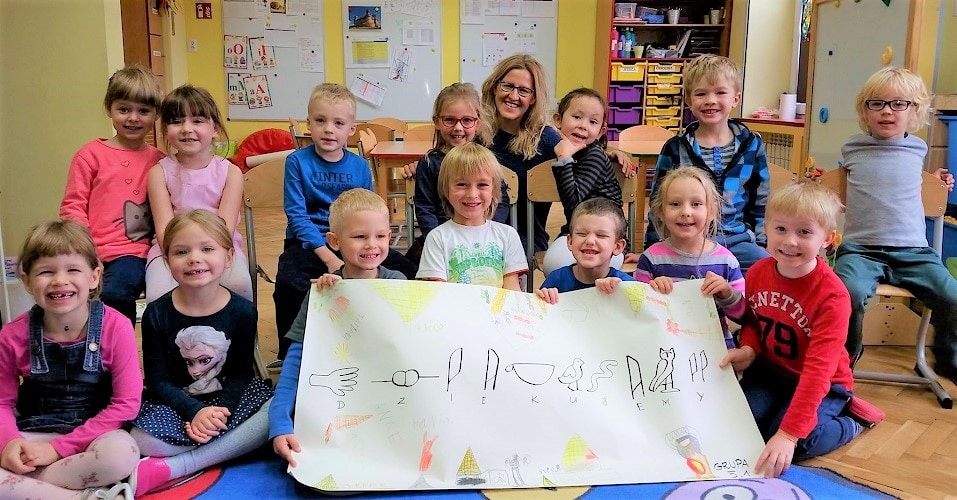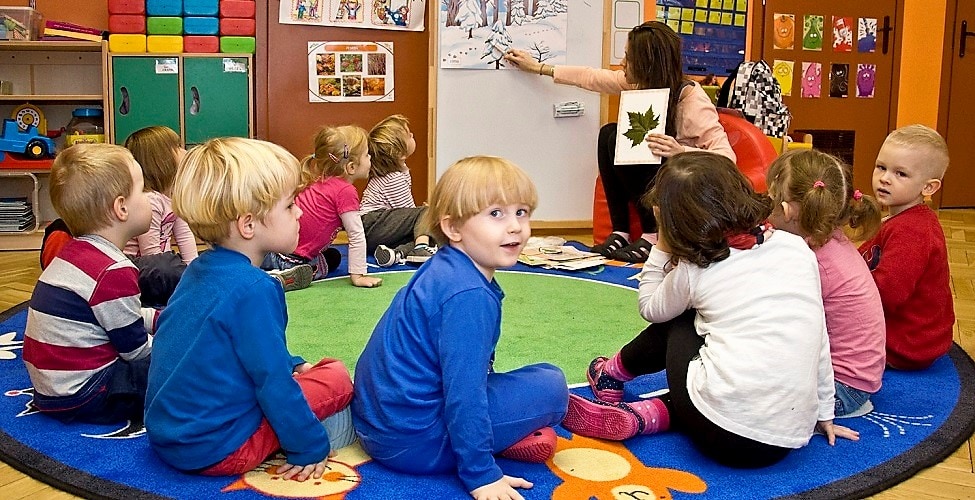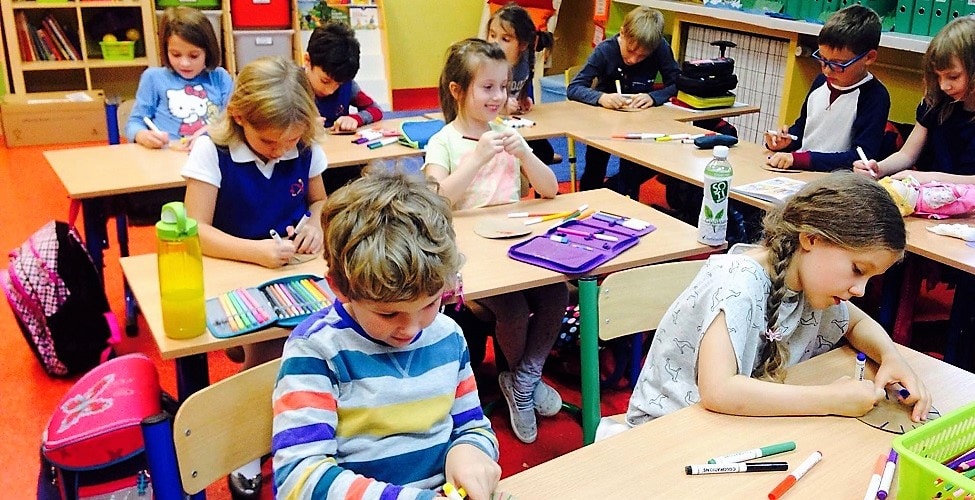Language pre-school – what are the advantages of multilingual education?

Every parent wants to provide their child with the best start possible. Understanding the potential of young minds, it’s worth considering a language preschool to promote their development. Through this, even at a young age, they will learn to speak one or more foreign languages fluently, opening the door to numerous career opportunities and more.
Contact with a foreign language facilitates learning and understanding of languages
A language preschool is a place where learning and play are seamlessly combined. Language learning isn’t about dull activities at tables, but rather involves various games, physical activities, and art sessions that allow for the acquisition of a new language in very relaxed environments.
Creative teachers can create an environment where the new language naturally becomes the primary means of communication between teachers and children. This way, little ones have the chance to immerse themselves in the new language and acquire it to the same extent as their native language skills.
Learning one or two foreign languages in preschool is definitely easier for children, as their minds are very plastic during this time and geared towards acquiring new information and knowledge.
It must be remembered that over time, this ability to learn quickly diminishes. Even children in school have much more difficulty acquiring a foreign language and must put in a lot of effort.
Learning a foreign language in preschool also translates into a better understanding of the structure and grammar of native languages, as children have the opportunity to compare and contrast them. It has been observed that children finishing a good language preschool quickly master the art of fluent reading and writing.
In a language preschool, a teaching method called language immersion is used, meaning immersion in the language. This means that the foreign language is used daily as the language of communication and instructions, used in games, walks, listened to in songs, and audio plays.
In this way, children learn it almost unconsciously, assimilating language structures and vocabulary by ear in an unforced and natural way. For better effects in language immersion, the “One person one language” principle is often used, where each teacher or caregiver communicates with the child in one designated language.
As a result, children learn multilingualism by ear in a natural way and at their own pace. And in the future, in adult life, they will cope better with learning by ear and better remember voice messages.
Contact with languages – improving communication, concentration, and memory skills
Contact with foreign languages at an early age not only benefits from learning to use those languages. Children attending language preschools from a young age are exposed to different cultures and traditions, which can help them see the world from a broader perspective and respect different views and perspectives of others.
It also contributes to the development of interpersonal and communication skills in both foreign and native languages.
Children learning to speak in a second or third language develop memory skills and problem-solving skills, as they learn to think in different language contexts. They also learn empathy and patience, as learning a foreign language and culture requires this, even in adult life.
The earlier, the better!
If you want your child to learn a foreign language at a native speaker level, take care of their education from the earliest years. You can choose a nursery, then a language preschool, to expose them to foreign languages from the very beginning.
Studies have shown that as we age, our ability to learn a foreign language drastically decreases. And although this does not mean that at the age of 20 we are no longer able to master another language, it is not possible to learn it to the same extent as we know and use our native language.
Meanwhile, toddlers learning foreign languages handle them in adult life as well as their native language. Therefore, it is better to start learning before the age of 10, and preferably from the earliest years. This opens up a lot of opportunities for children and makes communication easier in adult life, even on foreign trips or studying abroad.
The International Trilingual School of Warsaw (ITSW) is a multilingual institution: nursery, preschool, and primary school based on an original teaching model. The curriculum prepares students for a smooth transition to learning in schools, including international ones, teaching in any system – Polish or foreign.
In our institutions, children learn to love learning and receive the necessary tools to acquire adaptive skills to the world around them. We encourage you to check out our offer and provide your child with the best learning profile from an early age.



